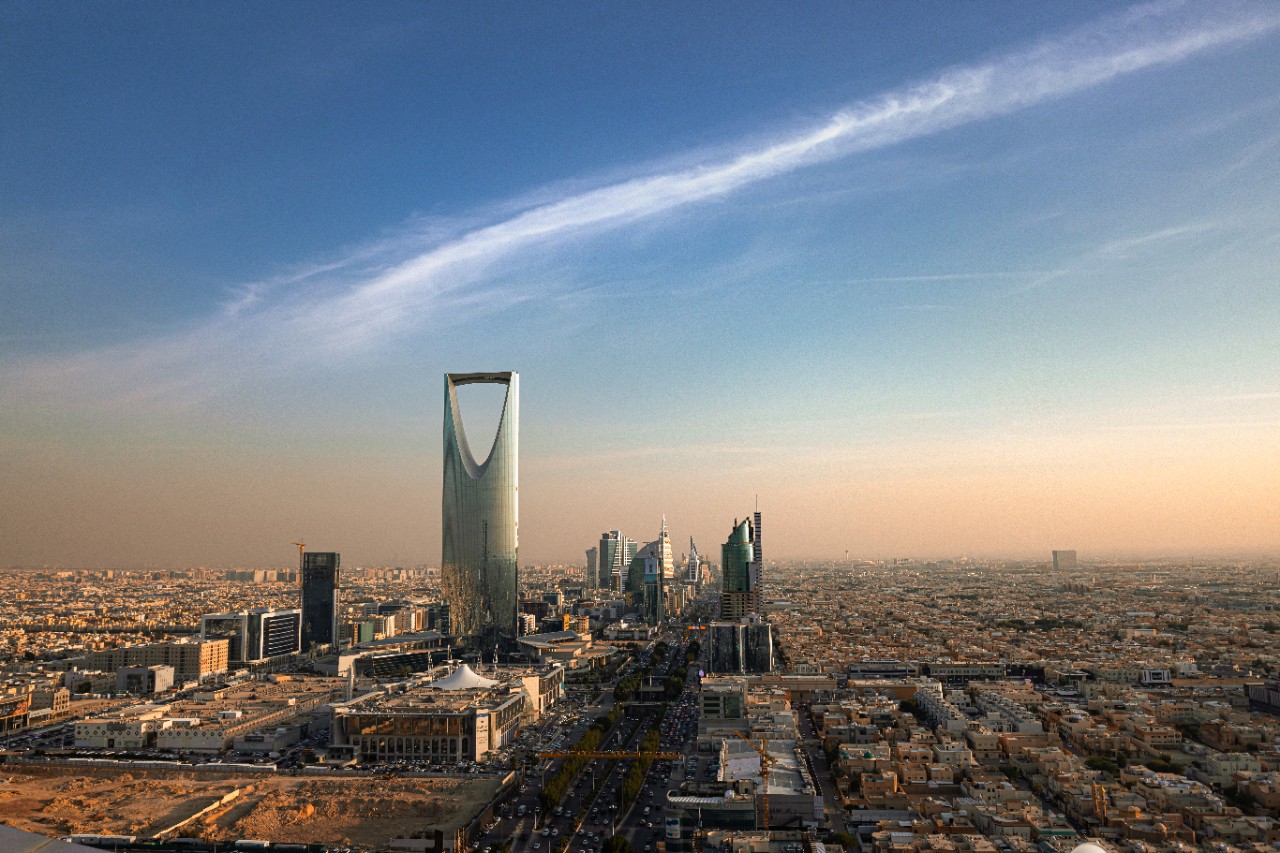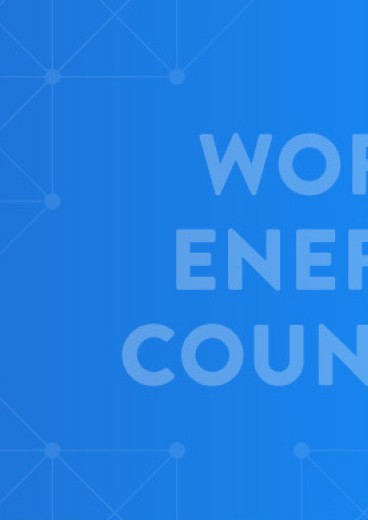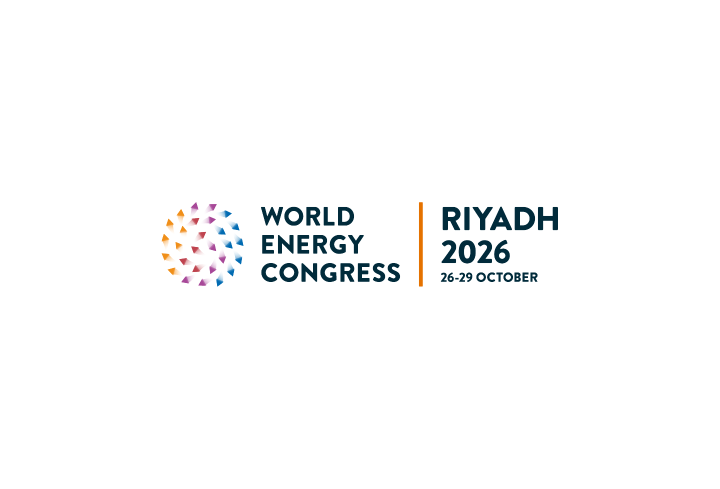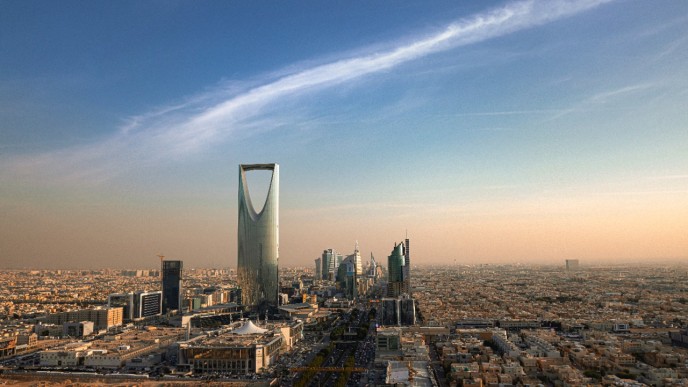More and Better Energy Futures: Saudi Arabia and the World Energy Council
This opinion-editorial was originally published in Arabic in Al Riyadh on 07/07/2025.

The recent turbulence across the Middle East has again demonstrated that international systems are under extreme and growing stress. As the process of globalisation continues to co-evolve with regionalisation, energy transitions remain one of the few areas for realistic hope, where momentum continues to build through new and different models of cooperation. From Santiago to Shanghai, one thing is clear, energy transitions are happening unevenly but intentionally.
And not just in the usual places. In many European countries, energy conversations are clouded by the politics of fear – of costs, loss, or disruption – and risk. Meanwhile, beyond the West, there is a surge of hope: a confident, purposeful drive for new opportunities and prosperity. From China to Saudi Arabia, middle powers and emerging and developing economies, are crafting their own pathways to more sustainable, regenerative, and socially inclusive energy futures.
For example, the Kingdom of Saudi Arabia. Vision 2030 represents one of the world’s most ambitious large scale, whole-of-system innovation narratives – where social transformation, economic diversification, and ecological stewardship are not treated as trade-offs, but woven together through a new energy narrative.
From circular carbon economy frameworks championed by Riyadh, to giga-scale innovative projects like NEOM, to investments in hydrogen, minerals and renewables, the Kingdom is signalling that it’s open for business. Programmes like the Saudi Green Initiative are driving meaningful change and have laid the foundation for Saudia Arabia to deliver its commitment of 50% of its power coming from renewables by 2030.
This is not about promises. It’s about translating vision into reality with pragmatism, of flexibility by all means, and of the importance of collaboration as peers: leading and learning across all regions. The best way to succeed is not a one-size-fits-all blueprint, but an appreciation of place-based progress – where each region contributes to and benefits from the collective story of energy transition.
As the Kingdom’s leaders recognise, realising success means looking beyond supply – and humanising energy transitions. It is about managing equity in an age of abundance. It is about realising more and better energy for people and planet – not abandoning energy sources but stopping emissions, not banking on silver bullets, but realising multiple benefits, including cleaner air, meaningful work, net negative and nature-positive solutions, resilient communities and flourishing societies.
The World Energy Council has pioneered the humanising energy vision. At the Council our value lies in our analogue association advantages in a digital age – trustworthy, connected, and grounded. In a world fractured by digital distrust, data divides and geopolitical dislocations, we help regions and communities tell their own stories - and actively listen to the stories of others.
At the heart of this role is our ability to convene, to bring grass roots and mountain summits together to identify and drive solutions. Our network spans over 100 countries, placing us in a unique position as the ultimate connector where it matters most: integrating local actions with flexible global frameworks.
Later this year we will be hosting World Energy Week in Panama. Our programme will bring visionary and pragmatic leaders from neighbouring regions and different generations to the country for the first time, and in the process connect the global energy agenda with the realities and priorities of energy transitions in the Americas.
Building on the momentum established we will then be hosting the World Energy Congress in Riyadh, in October 2026.
Under the theme ‘Inspiring transformations, delivering transitions’, the 27th Congress will not just be another energy event. It is shaping up to be the global energy equivalent of COP30 Global Mutirao - a bold moment of realistic hope in action. It will showcase Saudi Arabia’s progress, but more importantly it will convene a world of diverse energy interests and experiences: from China to Chile/North America to South East Asia, engaging the voices of world energy women, future energy leaders, communities, global finance, industry and digital disruptors.
We will bring together state and private actors from around the world to the Kingdom, traditional and renewable energy sectors, Global South and North, East and West. We will navigate through differences, without defaulting to division.
Energy transitions are not all about electrification nor as simple as swapping old for new technologies – they require shifting mindsets, unlocking capabilities and changing behaviours. They benefit from flexibility – the pull of multilateral, technological, regulatory and financial levers – in collaboration not silos – and the kind of synergies that can only happen when we meet as peers, with a shared stake in a thriving planet and a common challenge of embracing emergence with empathy rather than sticking with the illusion of predict and control.
Saudi Arabia is making space for a new kind of convening, and the World Energy Council is proud to play its part. As a multiplier, not a megaphone. To inspire, inform and impact.
We are stepping up to the moment to cocreate more and better energy futures – not with fear or wishful thinking, but with foresight of new and better possibilities for humanity and realistic hope in action. Because where energy flows, civilisation grows.






